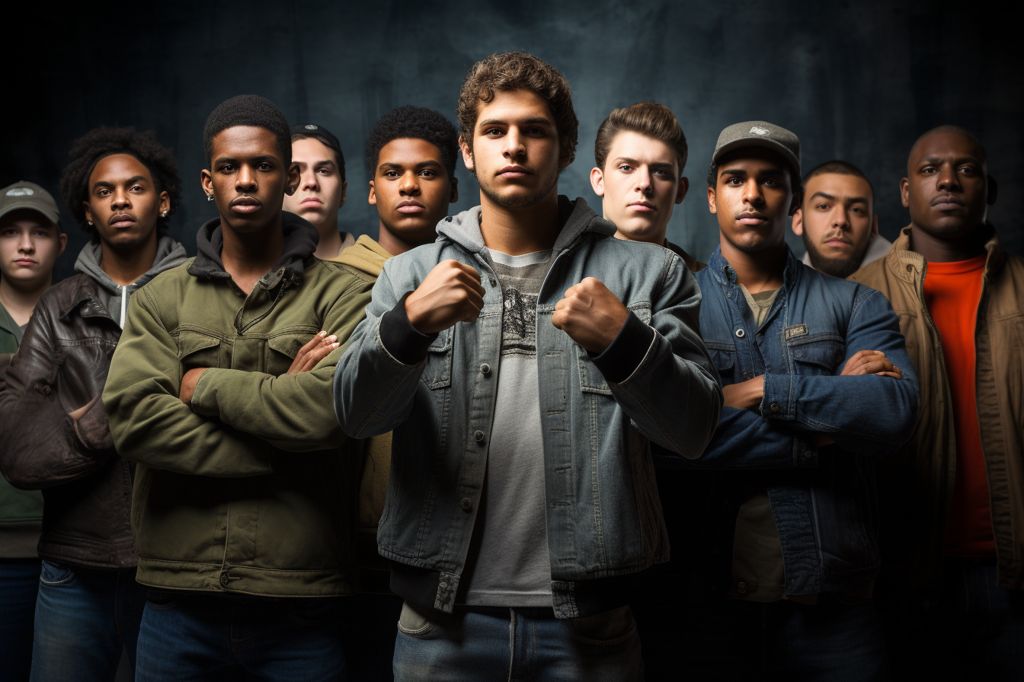President Cyril Ramaphosa recently attended the Presidential Young Men and Boys Indaba, which aimed to address the pressing issues faced by young males in South Africa, including their role in tackling violence against women and girls. The event was held at the bustling Maponya Mall in Soweto and was attended by aspiring leaders, professionals, entrepreneurs, and tech gurus from different regions of South Africa.
Acknowledging the Crisis
In his address, President Ramaphosa acknowledged that violence against women and girls is predominantly perpetrated by men, and that men need to play a crucial role in ending this scourge. He emphasized the importance of prevention and fostering open and honest conversations about patriarchal attitudes, toxic masculinity, and the influence of culture and media in perpetuating violence.
Collaborative Program “What about the Boys?”
President Ramaphosa endorsed the collaborative program, “What about the Boys?”, which brings together government, private sector, academia, civil society, and the media to raise a new generation of good men. The program focuses on reimagining and reinventing masculinity in sensitive, kind, respectful, accountable, expressive, and nurturing ways.
Challenges Faced by Young Men
Young men in South Africa face numerous pressures and challenges, such as gang recruitment, early sexual activity, unsafe sex practices, and the absence of positive role models. President Ramaphosa acknowledged the vulnerability of these young men, emphasizing the need for conversation and support.
Potential for Positive Change
President Ramaphosa expressed his confidence in the potential of the young men in attendance to become part of the solution rather than the problem. He praised their determination to bring about a new generation of South African men who would never consider demeaning or harming women.
Creating Safe and Open Spaces
The Indaba aimed to create safe and open spaces for young men to share their feelings, collaborate on strategies for personal growth, and contribute positively to society. With the support of government, civil society, businesses, and social partners, these young men are poised to become agents of change that South Africa urgently needs to tackle gender-based violence.
In conclusion, events like the Presidential Young Men and Boys Indaba provide a platform for conversations, reflections, and ultimately, meaningful actions towards a better future for all. As President Ramaphosa reiterated, the young men and boys of South Africa are essential in the struggle to end all forms of violence against women.








